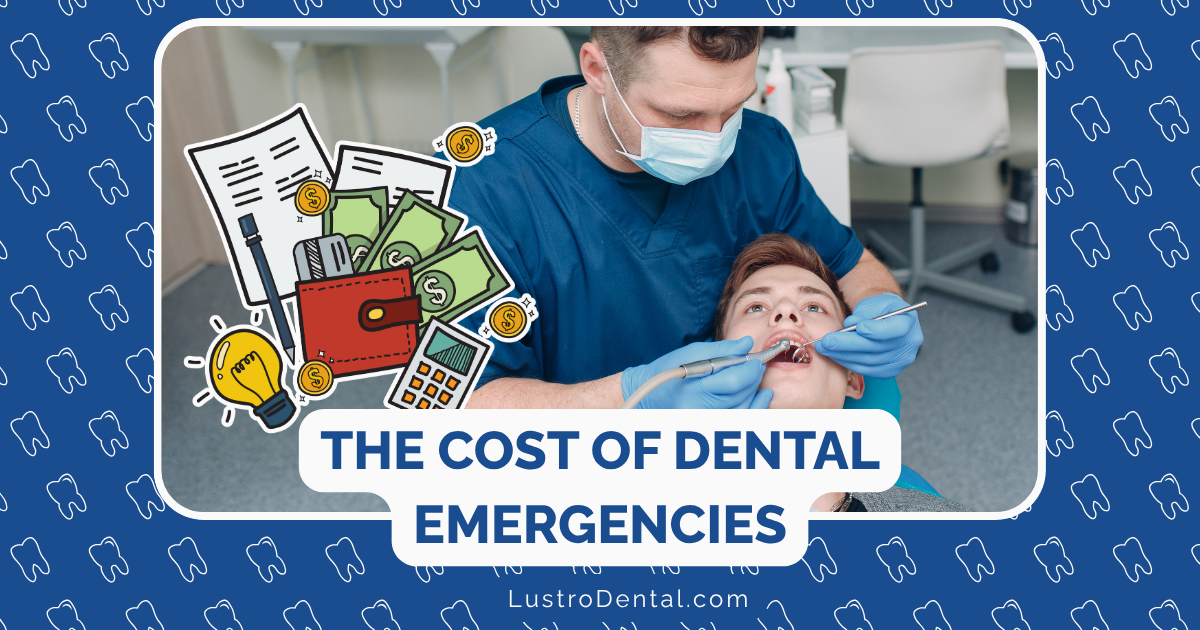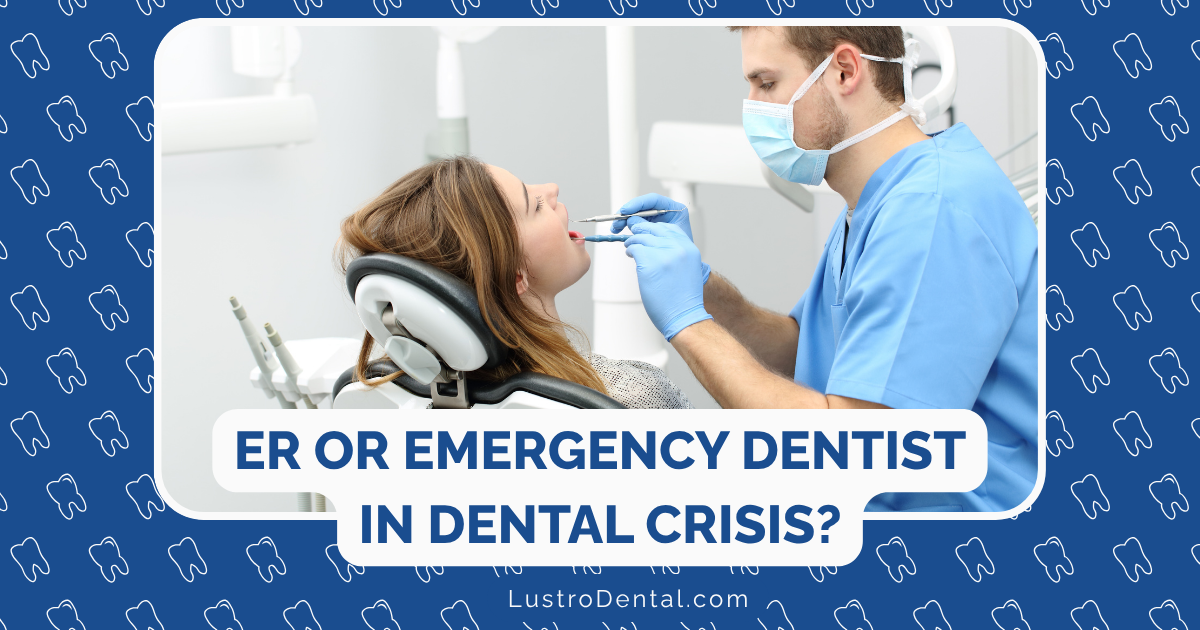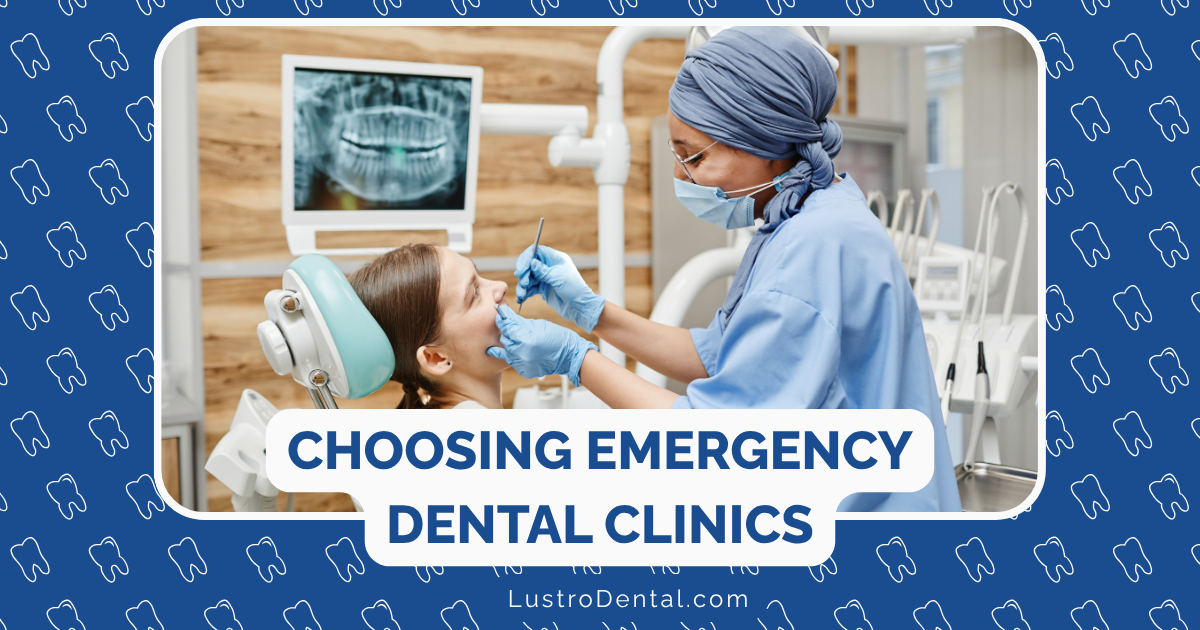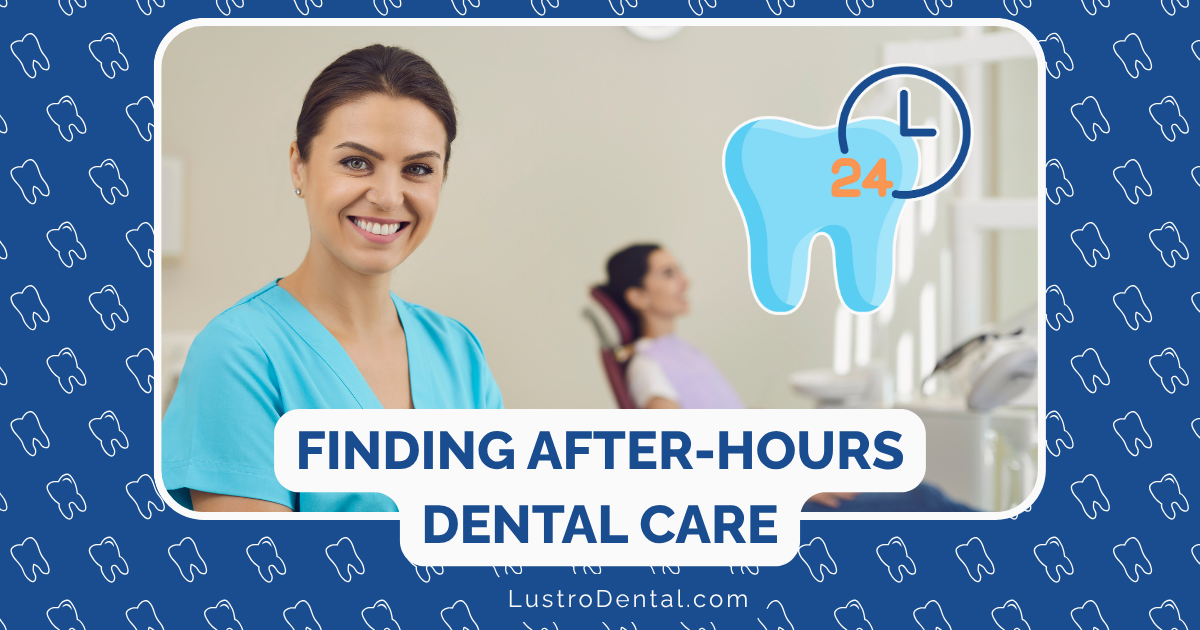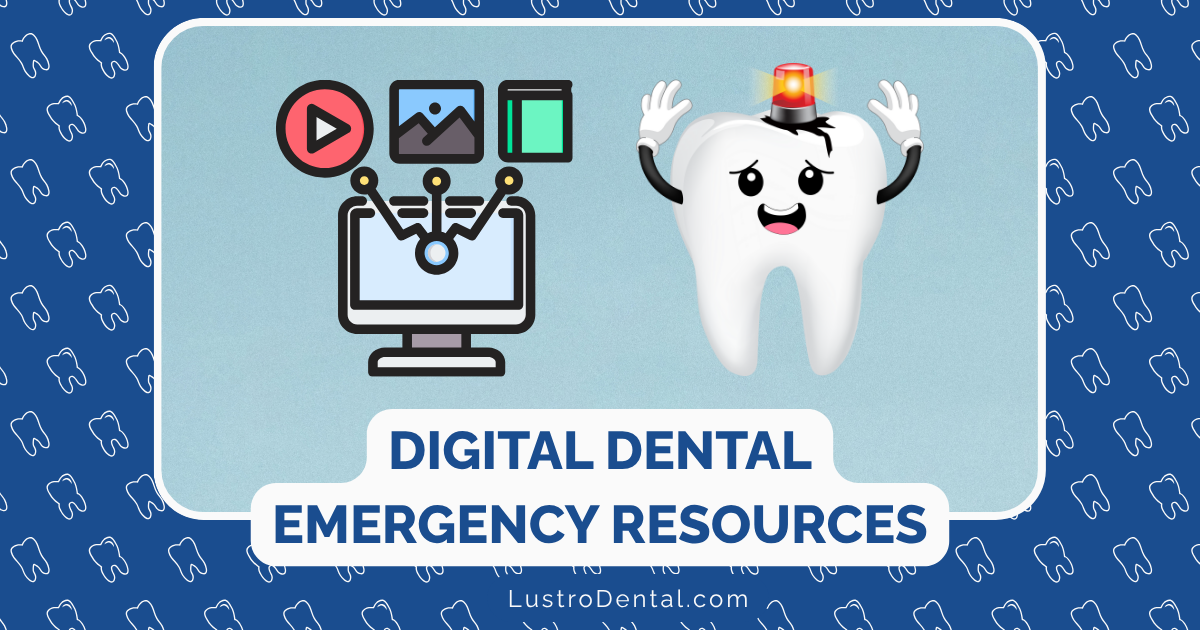Nighttime Tooth Pain: Strategies for Getting Sleep During a Dental Emergency
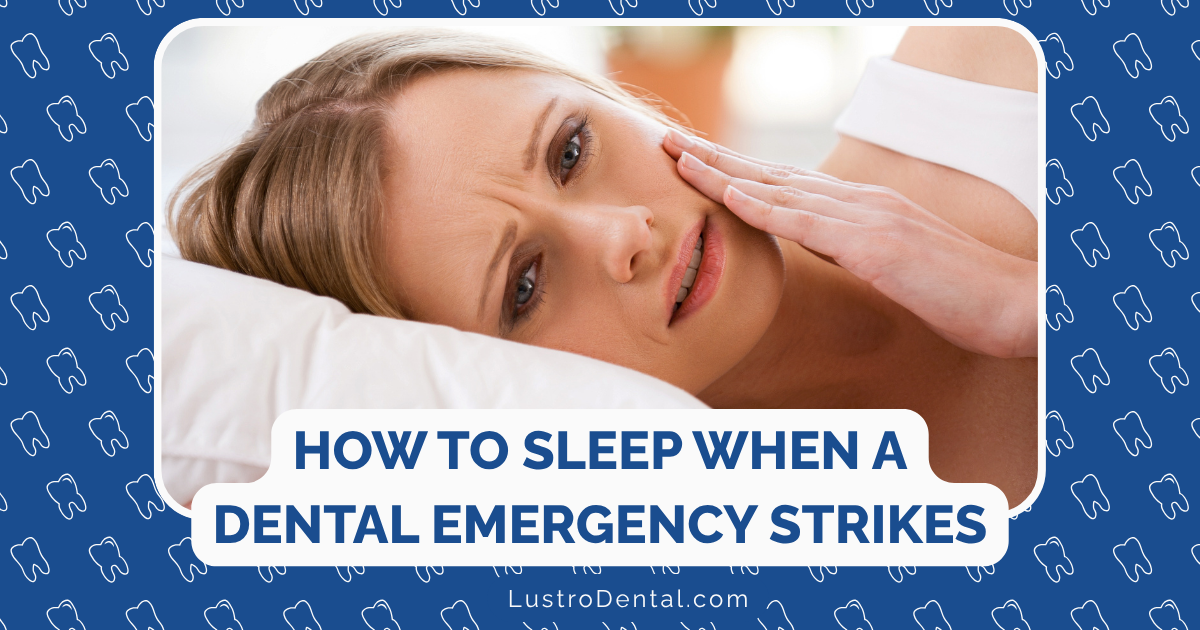
When Michael woke at 2 AM with throbbing tooth pain, his first thought wasn’t about dental care—it was about how he would make it through the night. “The pain was excruciating, and all I could think about was that I had an important presentation at work the next morning,” he recalls. “I needed sleep, but the pain made it seem impossible.”
Nighttime tooth pain can be particularly distressing. Not only is it typically more intense during evening hours, but dental offices are closed, leaving you with limited immediate professional options. The good news is that there are effective strategies to help manage the pain and get some rest until you can see a dentist.
This comprehensive guide will walk you through proven methods to help you sleep despite dental pain, explain why toothaches often worsen at night, and clarify when you should seek emergency dental care.
Why Tooth Pain Often Intensifies at Night
Before diving into relief strategies, it helps to understand why dental pain frequently becomes more severe when you’re trying to sleep:
1. Increased Blood Flow
When you lie down, blood flow to your head increases. Dr. Sarah Chen of the American Dental Association explains: “This increased blood flow can put additional pressure on already sensitive areas in your mouth, intensifying pain signals.”
2. Fewer Distractions
During the day, your brain processes numerous stimuli from your environment and activities. At night, these distractions disappear. “Without the distractions of daily life, your brain has more capacity to focus on pain signals,” notes Dr. Robert Wilson, a dental pain specialist.
3. Grinding and Clenching
Many people unconsciously grind or clench their teeth during sleep—a condition called bruxism. This puts additional pressure on already compromised teeth, exacerbating pain.
4. Decreased Saliva Production
Saliva production naturally decreases during sleep. Since saliva helps neutralize acids and provide a protective effect in the mouth, reduced saliva can leave damaged areas more exposed and painful.
Immediate Relief Strategies for Nighttime Dental Pain
When tooth pain strikes at night, these evidence-based approaches can help you manage the discomfort and get some much-needed rest:
1. Optimize Your Sleeping Position
Elevate your head: Use extra pillows to keep your head elevated above your heart. This position helps reduce blood flow to the head and can significantly decrease throbbing pain.
“Simply elevating your head 15-30 degrees can make a substantial difference in how you experience dental pain at night,” explains Dr. Lisa Rodriguez, an emergency dental care provider. “This position minimizes pressure in the affected area.”
2. Over-the-Counter Pain Medications
For most adults without contraindications:
- Ibuprofen (Advil, Motrin): 400-600mg every 6 hours as needed
- Acetaminophen (Tylenol): 500-1000mg every 6 hours as needed
- Combination approach: Some dentists recommend alternating ibuprofen and acetaminophen for more effective pain control
Always follow package directions and consider your personal medical history before taking any medication. Avoid aspirin for dental pain, as it can increase bleeding risk if dental work is needed.
3. Cold Compress Application
How to do it:
- Wrap an ice pack or bag of frozen vegetables in a thin towel
- Apply to the outside of your face over the painful area for 15-20 minutes
- Remove for at least 10 minutes before reapplying
- Repeat as needed
Cold therapy works by reducing inflammation and temporarily numbing nerve endings. For some people, alternating between cold and warm compresses (20 minutes each) provides the best relief.
4. Salt Water Rinse
How to prepare:
- Dissolve 1/2 teaspoon of salt in 8 ounces of warm (not hot) water
- Gently rinse your mouth for 30 seconds
- Spit out completely
- Repeat every few hours as needed
Salt water rinses help reduce inflammation and bacteria that may be contributing to your pain. Research published in the Journal of Indian Society of Periodontology confirms that salt water rinses can help reduce oral bacteria and provide temporary pain relief.
5. Clove Oil Application
How to use:
- Dilute clove oil with a carrier oil like olive or coconut oil (1:1 ratio)
- Apply a small amount to a cotton ball
- Gently place against the affected tooth or gum area
- Reapply as needed (typically every 2-3 hours)
Clove oil contains eugenol, a natural anesthetic that has been used for dental pain for centuries. A study in the Journal of Dentistry found that eugenol is comparable to benzocaine for short-term pain relief.
6. Create a Calm Sleep Environment
Pain can create a cycle of anxiety that makes sleep even more elusive. Create optimal conditions for sleep despite your discomfort:
- Keep your bedroom cool (65-68°F/18-20°C)
- Use white noise to mask distractions
- Eliminate light sources including electronic devices
- Try relaxation techniques like deep breathing or meditation
- Use extra pillows for comfortable positioning
7. Avoid Pain Triggers
Certain substances and foods can exacerbate dental pain:
- Temperature extremes: Very hot or cold foods and beverages
- Acidic items: Citrus fruits, tomatoes, coffee, wine
- Sugary foods and drinks: Can increase sensitivity and pain
- Alcohol: May initially numb pain but can worsen it later and disrupt sleep
- Caffeine: Can increase sensitivity and make it harder to fall asleep
8. Over-the-Counter Numbing Gels
Products containing benzocaine (like Orajel or Anbesol) can temporarily numb the affected area:
- Dry the area with a clean tissue
- Apply a small amount directly to the painful site
- Reapply according to package directions (usually every 2-4 hours)
Note: The FDA recommends against using benzocaine products in children under 2 years. For adults, use sparingly and as directed.
When to Seek Emergency Dental Care
While the strategies above can help you get through the night, certain symptoms indicate a need for immediate professional attention, even outside normal business hours:
Signs That Can’t Wait Until Morning:
- Severe, unrelenting pain not relieved by over-the-counter medication
- Significant facial swelling that is spreading or increasing rapidly
- Fever accompanying tooth pain (may indicate infection)
- Bleeding that doesn’t stop with pressure
- Trauma involving broken or knocked-out teeth
- Difficulty breathing or swallowing due to swelling
Dr. Wilson emphasizes: “Dental infections can spread quickly to surrounding tissues and, in rare cases, can become life-threatening. Never ignore signs of infection like fever, significant swelling, or difficulty breathing.”
Where to Find Emergency Dental Care:
- Call your regular dentist: Many have emergency numbers or after-hours protocols
- Emergency dental clinics: Some cities have dedicated emergency dental facilities
- Hospital emergency departments: For severe infections or trauma, especially if having difficulty breathing or swallowing
- Dental schools: Some offer emergency services at reduced rates
- Teledentistry: Virtual consultations may help determine urgency and provide guidance
Michael’s Night: A Success Story
Returning to Michael’s experience, he combined several strategies to make it through his night of dental pain:
“I took ibuprofen, elevated my head with extra pillows, and applied a cold compress to my cheek,” he shares. “I also did a salt water rinse before bed and put on a white noise machine to help distract from the discomfort. It wasn’t a perfect night’s sleep, but I managed to get enough rest to function the next day until I could see my dentist.”
Michael’s dentist diagnosed an abscess that required root canal treatment. “The dentist told me my pain management approach was exactly right for the situation. The temporary measures helped me through the night without making the condition worse.”
Prevention: The Best Strategy
While these strategies can help during an emergency, preventing dental emergencies is always preferable:
- Regular dental check-ups: Many dental emergencies develop from untreated conditions that could have been addressed during routine care
- Address minor issues promptly: Don’t ignore small problems like mild sensitivity or minor chips, as they can develop into painful emergencies
- Practice good oral hygiene: Brush twice daily, floss daily, and use antimicrobial mouthwash
- Use a night guard if you grind your teeth during sleep
- Avoid using teeth as tools for opening packages or cracking nuts
Creating a Dental Emergency Kit
Being prepared can make a significant difference when dental pain strikes at night. Consider assembling a dental emergency kit containing:
- Over-the-counter pain relievers (ibuprofen and acetaminophen)
- Oral anesthetic gel
- Small container of salt (for salt water rinses)
- Clove oil (properly diluted)
- Cold pack (instant or freezable)
- Gauze pads
- Your dentist’s emergency contact information
Long-Term Solutions: Beyond Temporary Relief
While the strategies in this article can help you manage through the night, they address symptoms rather than underlying causes. Dr. Rodriguez emphasizes: “These measures are intended to provide temporary relief until you can see a dental professional. They should never replace proper dental treatment.”
Once you’ve made it through the night, be sure to:
- Contact your dentist first thing in the morning
- Describe your symptoms in detail, including when they started and what makes them better or worse
- Follow through with recommended treatment to address the root cause
- Discuss preventive strategies to avoid similar emergencies in the future
Conclusion: You Can Get Through the Night
Nighttime tooth pain can feel overwhelming, especially when professional help isn’t immediately available. The strategies outlined in this guide can help you manage the pain and get some rest until you can see a dentist.
Remember that while these approaches can provide temporary relief, dental pain is your body’s warning signal that something needs attention. Always follow up with professional care to address the underlying cause and prevent more serious complications.
As Michael discovered, combining several approaches often provides the best relief. With the right strategies, you can make it through the night and be ready to face the day—and the dentist—when morning comes.
Have you experienced nighttime dental pain? What strategies worked best for you? Share your experience in the comments below.


